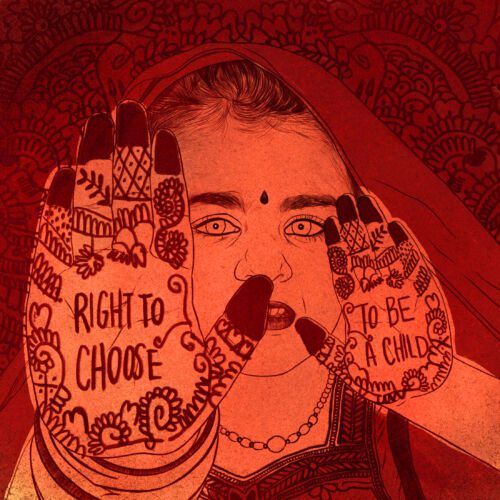How to prevent underage and forced marriages?
More than 3,000 men, including clerics and Muslim leaders living in the state of Assam in India, have been taken into custody on charges of breaking laws banning marriage to minors. Marrying before age 18 is illegal in India, but according to 2019-2021 data, almost ¼ of Indian women were married off in this way. But is criminalising those who are already poor the right thing to do? The operation in Assam has been condemned by women’s rights activists and anti-poverty activists. In their view, families who marry off their daughters due to financial pressure are being unfairly penalised. Furthermore, thousands of families are left without a main breadwinner after their husbands and fathers are arrested.
In England and Wales, a law raising the legal age for marriage to 18 has come into force. The changes will help identify and report underage weddings and protect vulnerable children from being forced into marriage.
In two murder trials, Italian prosecutors are seeking justice for Pakistani immigrant women who allegedly died at the hands of their family members because they refused a forced marriage imposed by their parents. These tragedies highlight the differences, often erroneously derived from religion, between centuries-old cultural traditions of immigrants and Western values. According to the Brescia Attorney General’s Office, “the exercise of the right to know with whom one wants to live and, above all, whom one wants to choose as one’s spouse is a political right” that must be guaranteed “with the utmost firmness”.


























